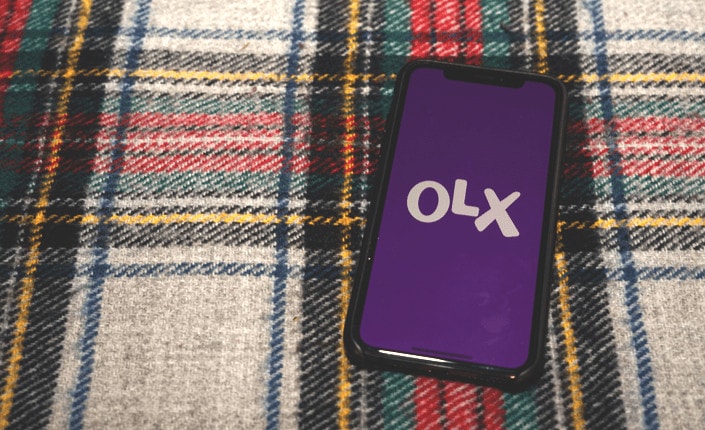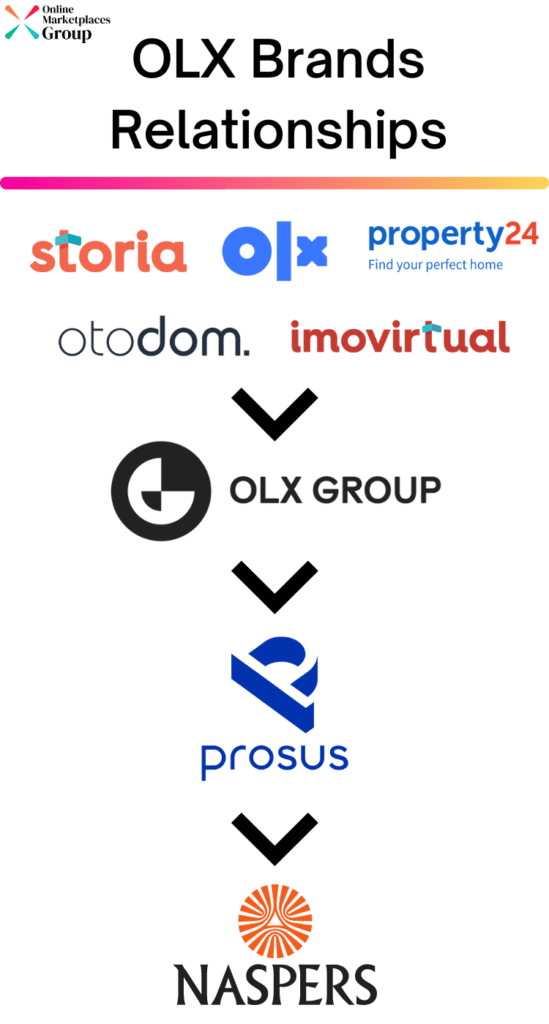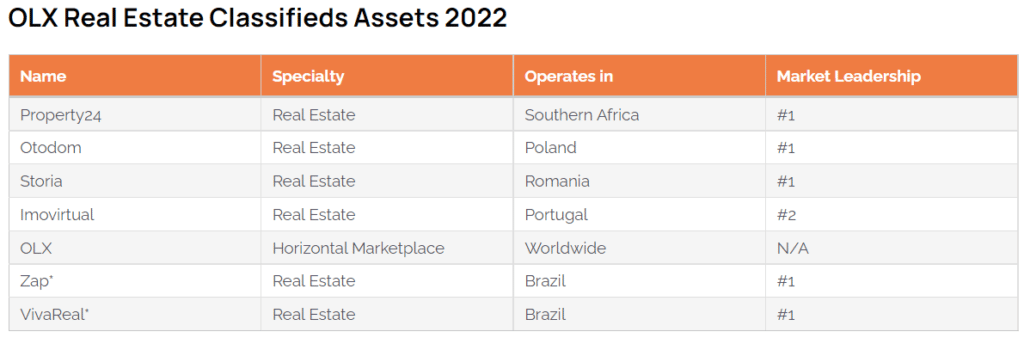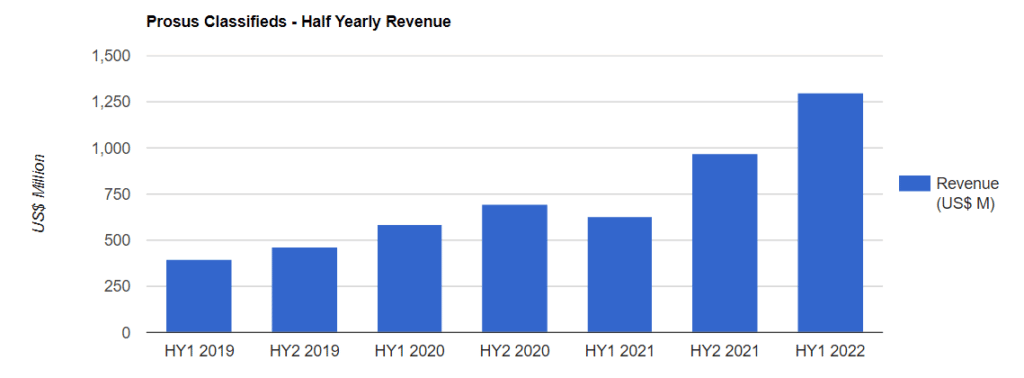
OLX started life as 'OnLine eXchange' back in 2006. The company was launched as a Craigslist-style classifieds marketplace by Alec Oxenford and Fabrice Grinda and was deliberately international from day one.
 The company's business model was one that was easily transposed from one market to another and gained quick success. OLX often identified, acquired and rebranded native classifieds brands in markets that lacked a strong leader.
The company's business model was one that was easily transposed from one market to another and gained quick success. OLX often identified, acquired and rebranded native classifieds brands in markets that lacked a strong leader.
Brands that OLX invested in its early years included the Hispanic classifieds site Mundoanuncio.com (2006) and the Chinese site Edeng.cn (2009).
Naspers acquired a controlling stake in the young online classifieds company in 2010 and increased its stake to 95% in 2014. Since the South African publishing giant came along, OLX has grown under Naspers' international tech division, Prosus.
Today the company operates its main OLX brand for its 'horizontal' marketplace sites that advertise a range of classified ads for different categories including real estate. At the time of updating this article (September 2022), the OLX horizontal brand was present in 16 markets around the world with a strong presence in developing markets such as Brazil, Indonesia and India.
OLX also operates several specialist 'vertical' sites that specialise in ads from a particular category. Among the company's stable of vertical portals are the tradesperson services site Fixly (Poland) and cars verticals 3.2.1. Sprzedane (Poland), Autotrader (South Africa) and StandVirtual (Portugal).
OLX also operates vertical sites that specialise in real estate ads with their own distinct brands. Among these are Property24 which operates in several African countries, Polish portal Otodom, Storia in Romania and Imovirtual in Portugal.
Of these, Property24, Otodom and Storia can be considered to be clear market leaders in their respective markets in terms of traffic (according to Similarweb) while Imovirtual is slightly behind rival Idealista in the Portuguese market.

*Zap and VivaReal are part of a joint venture owned by OLX's parent Prosus and the European online classifieds operator Adevinta.
When it comes to real estate marketplaces, the Amsterdam-headquartered classifieds giant has been scaling back its operations over the last few years.
In 2020 it signed a deal with fellow online marketplaces operator EMPG which saw it relinquish control of leading Emirati horizontal site Dubizzle as well as its OLX sites in Pakistan, Egypt and Lebanon while retaining a 39% interest in EMPG.
Later the same year, OLX Group signed a deal to merge its Central American assets with regional rival Encuentra24. The company would then go on to sell its shares in Encuentra24 18 months later to Frontier Digital Ventures in a deal worth a reported $9.2 million.
In early 2022, OLX Group sold its South American portal brand Properati to the Japanese-owned online classifieds operator Lifull Connect.

OLX Group's most recent divestment was much more controversial and was arguably forced on the company through circumstance and outside pressure.
OLX's parent Prosus was forced to divest from its lucrative Russian sites, the leading horizontal player Avito and its sister real estate vertical site Domofond, after pressure from investors and from its own staff and users in Poland. Prosus eventually pulled out of all of its Russian businesses, including Avito and Domofond, at the end of March writing off more than $700 million in doing so.
The move left OLX Group operating only a handful of real estate verticals around the world - and there's no guarantee that the sell-off is going to stop there despite a recovery in Prosus' revenue in the first half of 2022.
